The arrival of post-Putin Russia
Following Russia’s March 2018 election, the behaviour of the country’s elites will be defined by the expectation of the president’s departure
Following Russia’s March 2018 election, the behaviour of the country’s elites will be defined by the expectation of the president’s departure
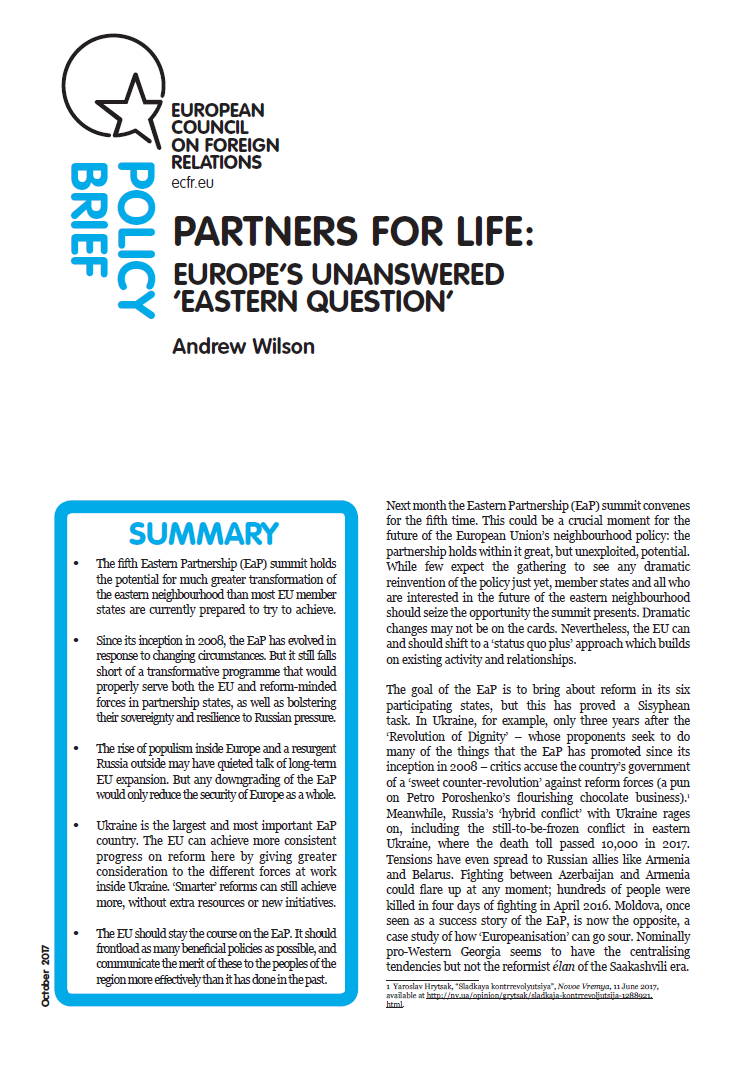
Dramatic change may not be on the cards, but the EU can and should shift to a ‘status quo plus’ approach that builds on existing activity
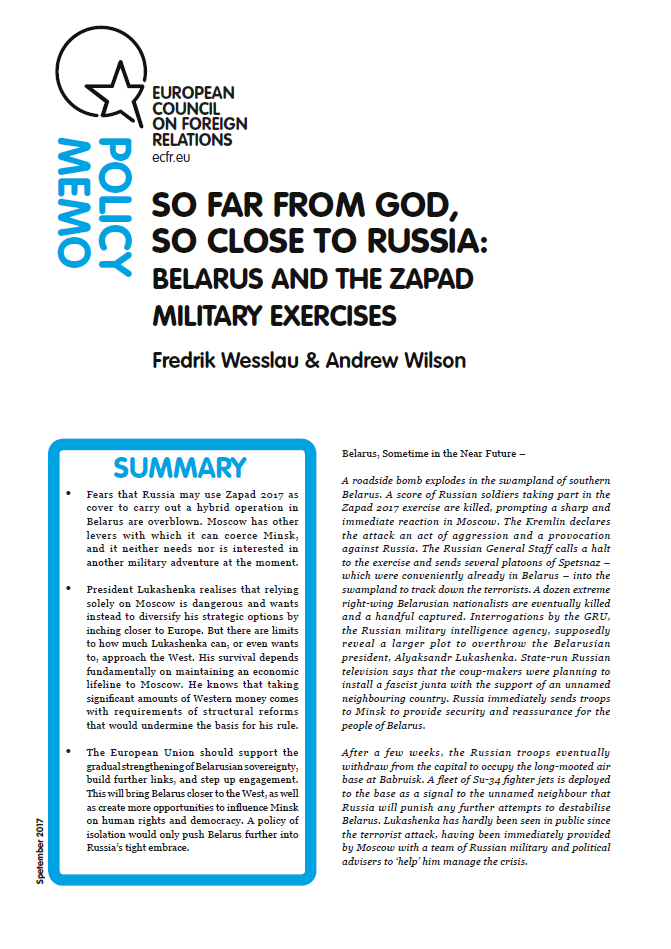
Renewed Minsk-Moscow cooperation in the ‘Zapad’ war games should not see the door to Belarus closed
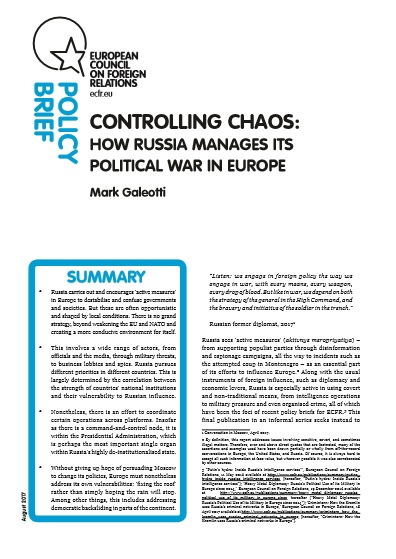
Insofar as there is a command-and-control node, it is within the Presidential Administration
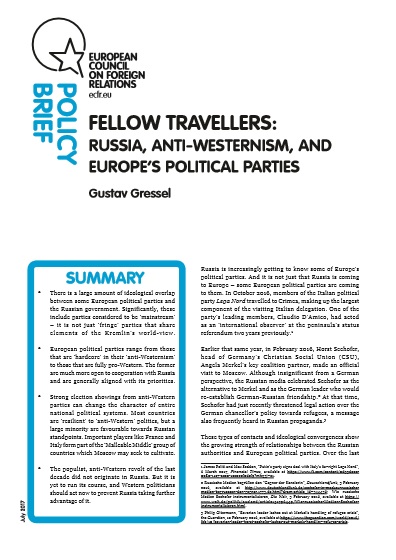
Anti-Western elements, exploitable by the Kremlin, exist not only on the fringes of European politics, but reach right into the heart of established parties
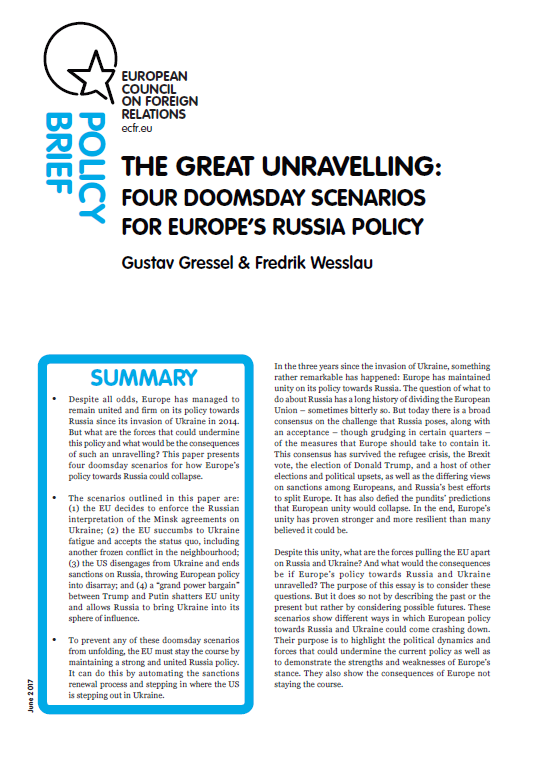
There is no room for complacency in Europe’s stance towards Russia and Ukraine
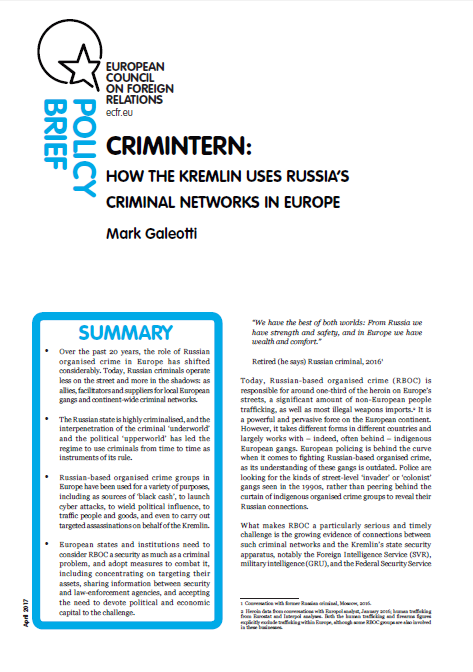
European states and institutions have to consider the challenges posed by Russian-based organised crime, and adopt measures to combat it
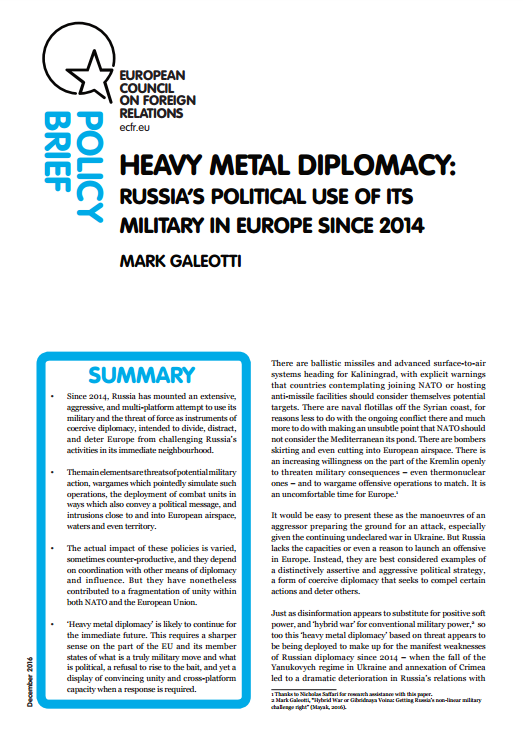
How the Kremlin uses its military as an instrument of coercive diplomacy
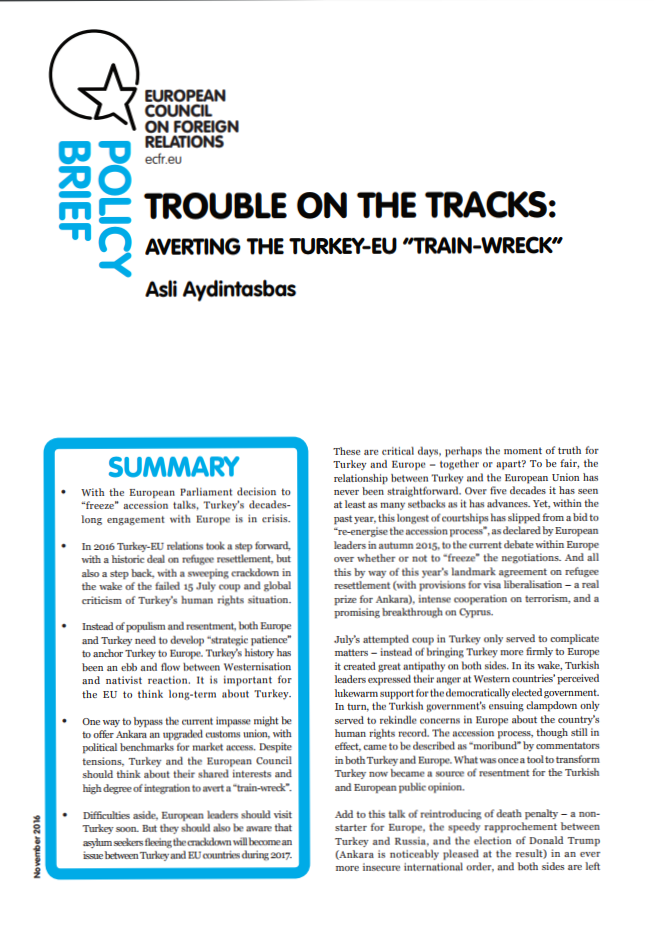
Despite the vote in the European Parliament to “freeze” Turkey’s EU accession talks, there is still a chance to save the troubled EU-Turkey relationship
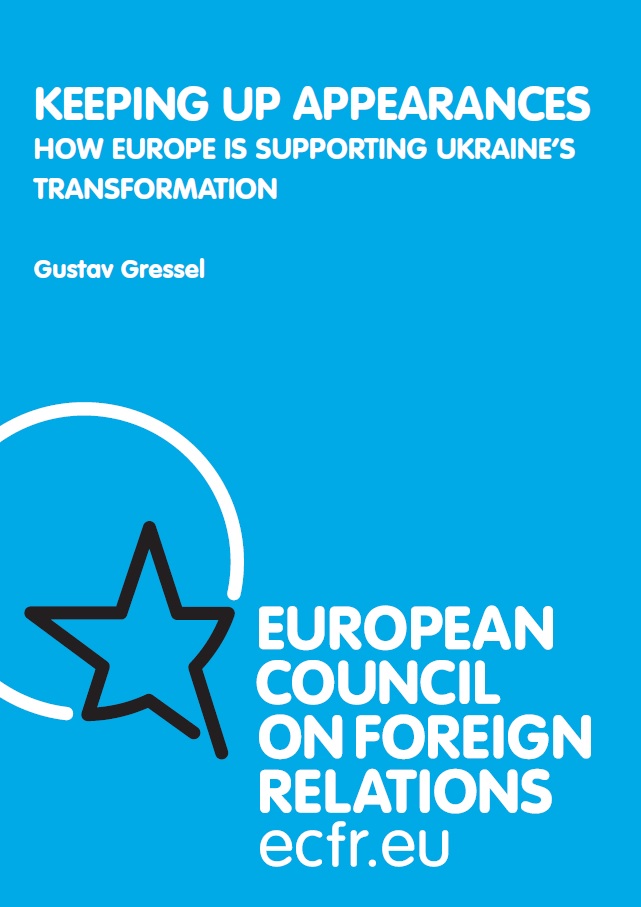
Reforms in key state institutions, such as the judiciary, have failed to deliver results